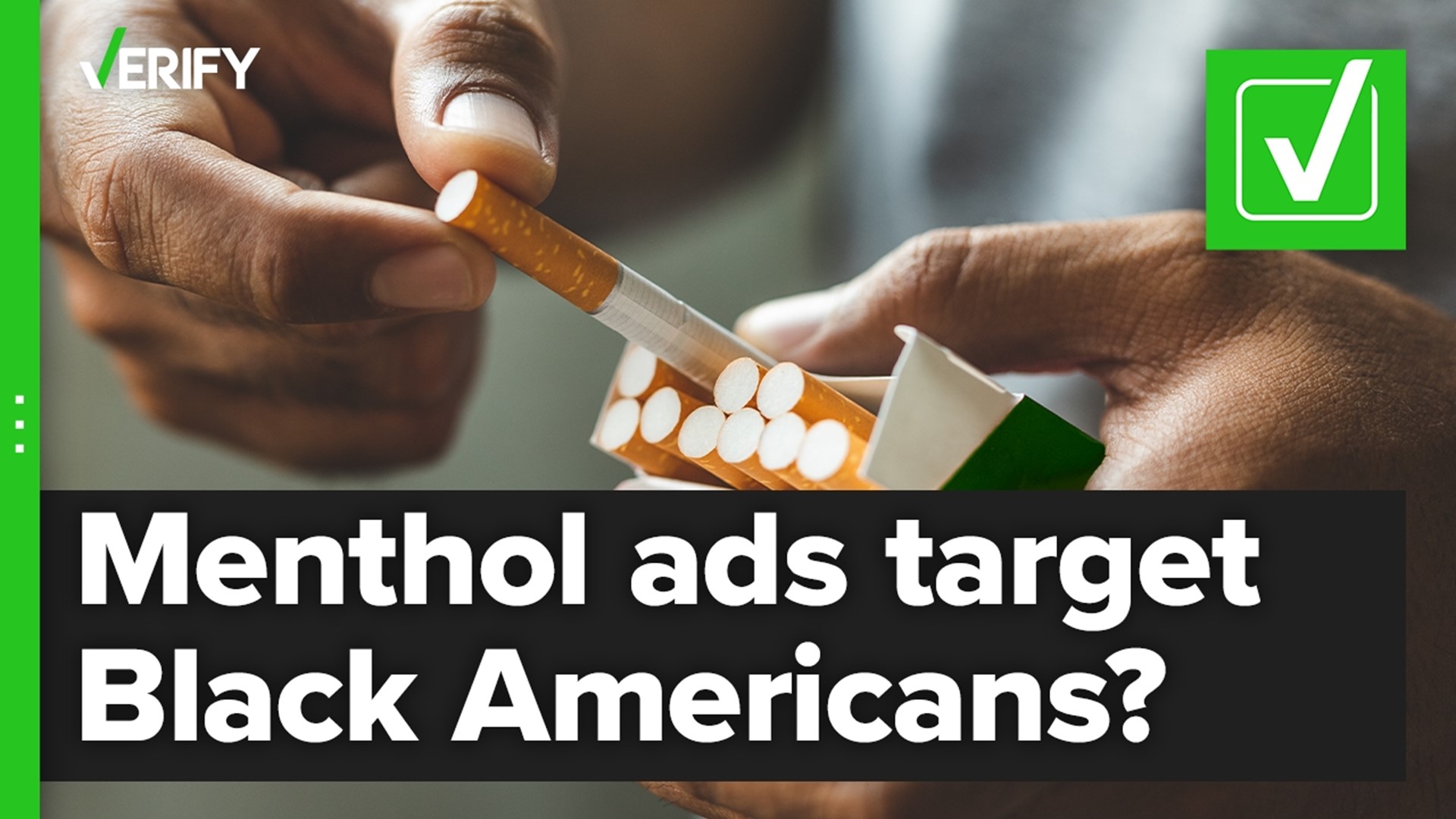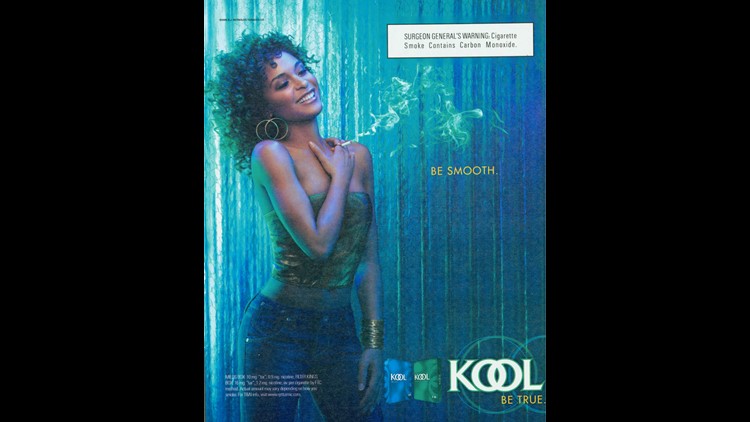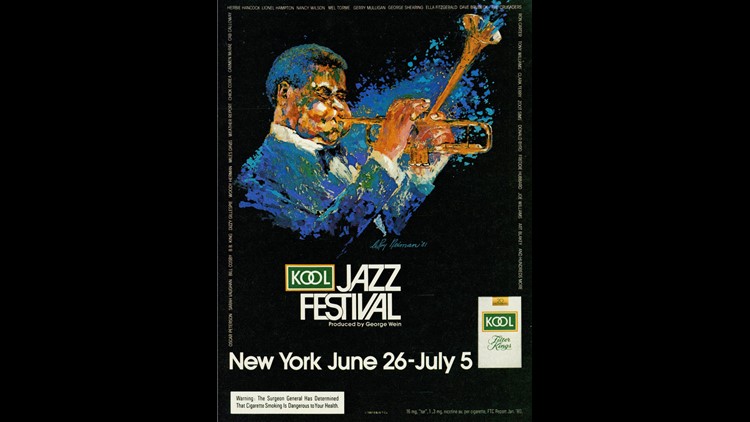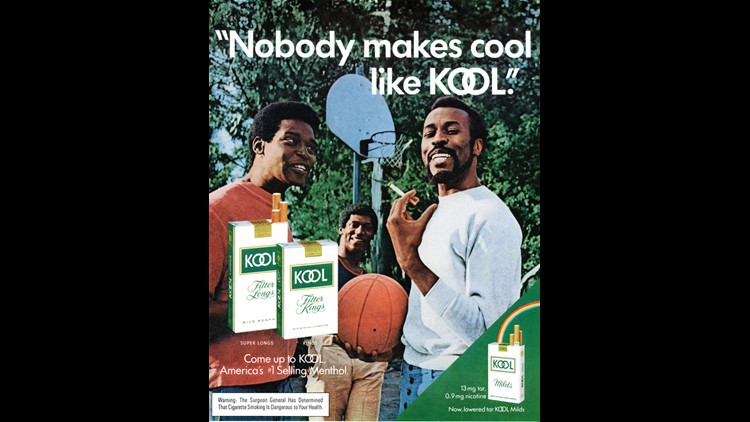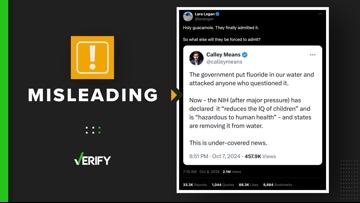The U.S. Food and Drug Administration (FDA) recently released its plan to ban menthol cigarettes and flavored cigars. A 2009 law banned all other flavored cigarettes, including cloves and fruit, apart from menthol.
Some anti-tobacco advocacy groups and social media users have claimed that the tobacco industry has heavily marketed menthol cigarettes to minority groups, including Black Americans.
THE QUESTION
Has the tobacco industry targeted minority groups through its marketing of menthol cigarettes?
THE SOURCES
- The American Lung Association
- The Centers for Disease Control and Prevention (CDC)
- Campaign for Tobacco-Free Kids
- Data from 2018 National Survey on Drug Use and Health
- Study published in 2015 on menthol cigarette smoking among lesbian, gay, bisexual and transgender adults using 2009-2010 survey data
- The NAACP
- U.S. Food and Drug Administration (FDA)
THE ANSWER
Yes, the tobacco industry has targeted minority groups through its marketing of menthol cigarettes.
WHAT WE FOUND
Menthol is a chemical naturally found in peppermint and other mint plants, but it can also be made in a lab. It was first added to tobacco in the 1920s and 1930s, and reduces the harshness of cigarette smoke and the irritation from nicotine, according to the American Lung Association. A 2012 study found that this protection from irritants could make menthol cigarettes more addictive than those without menthol.
The Centers for Disease Control and Prevention (CDC) adds that menthol cigarettes are not less harmful and are “just as dangerous as non-menthol cigarettes.”
Members of some racial and ethnic minority groups, members of the LGBTQ community, and people with mental health conditions are more likely to smoke menthol cigarettes than the rest of the population, the CDC says.
The majority of Black Americans who smoke use menthol cigarettes. Seven out of 10 Black youth ages 12 to 17 years old who smoke use menthol cigarettes, and 93% of Black adults who smoke started by using menthol cigarettes compared to 44% of white adults, according to the CDC.
Black adults also have the highest percentage of menthol cigarette use compared to other racial and ethnic groups. From 2014 to 2015, about 77% of people in this group who smoked usually used menthol cigarettes compared to about 25% of white adults.
Data from the 2018 National Survey on Drug Use and Health show that 85% of Black smokers preferred menthol cigarettes. Additionally, analysis of that data found that preference for menthol cigarettes is “disproportionately high” among lesbian, gay and bisexual smokers, smokers with mental health problems, socioeconomically disadvantaged populations, and pregnant women.
In a 2009-2010 National Adult Tobacco Survey, about 36% of LGBTQ smokers surveyed reported that the cigarettes they usually smoked were menthol compared to about 29% of heterosexual smokers. The difference was also prominent among LGBTQ females at about 43% compared to heterosexual women at about 32%. This data was shared in a 2015 study published in the National Library of Medicine.
The American Lung Association and advocacy groups like the Campaign for Tobacco-Free Kids say the tobacco industry has targeted Black communities with marketing for menthol cigarettes for decades.
Some of those marketing strategies have included campaigns that use “urban culture and language,” tobacco-sponsored events with samples of specialty menthol cigarettes, and targeted direct-mail promotions, according to the CDC.
PHOTOS: Menthol cigarette advertisements
“Egregious marketing practices of the tobacco industry include the practice of giving out free cigarette samples. This pattern of activity continues today with expanded marketing strategies like supporting and providing sponsorship funding for events, supporting various Black leaders with financial support, discounting menthol products in Black neighborhoods, and abundant advertising in stores frequented by Black communities,” the NAACP wrote in a letter supporting a ban on menthol cigarettes.
The FDA decision has garnered some criticism, with one Twitter user calling the plan “shameless criminalization” targeting the Black community. But the NAACP rejected criticism of the FDA decision as “discriminatory.”
“The failure to prohibit the sale of menthol cigarettes and products would be discriminatory and counter the goal and function of the FDA to protect and promote public health for all, including the African-American community,” the NAACP wrote.
The FDA also clarified that it “cannot and will not enforce against individual consumers for possession or use of menthol cigarettes or flavored cigars.” If the ban is finalized and implemented, the FDA will only force manufacturers, distributors and retailers to stop making and selling the products.
Cigarette smoking is the leading cause of preventable disease and death in the United States. According to the FDA, it’s also a leading cause of cancer and death from the disease, with 30% of all cancer deaths in the U.S. caused by smoking.
The FDA says the ban on menthol cigarettes will hopefully “reduce the appeal of cigarettes, particularly to youth and young adults,” decreasing the likelihood that people who would otherwise experiment with menthol cigarettes would progress to regular smoking. The federal agency also hopes to improve the health and reduce mortality risk of current menthol cigarette smokers by decreasing consumption and increasing the likelihood that people will quit.
The Associated Press contributed to this report.
